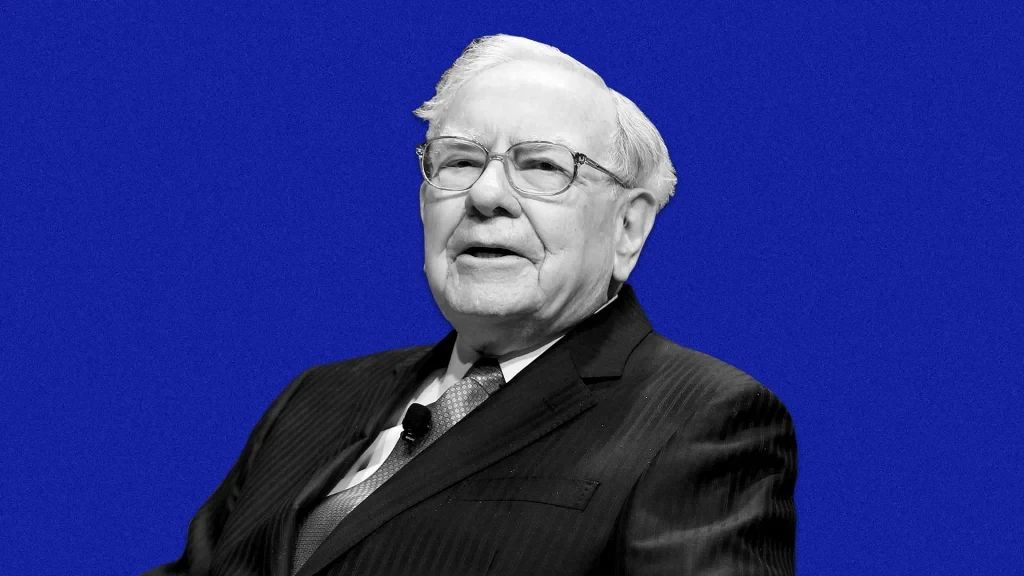
So what’s the best way to sink a promising hire? Give them responsibility without integrity. Warren Buffett has spent decades building Berkshire Hathaway into one of the world’s most respected companies, and he is clear about the secret: intelligence and energy matter-but absent integrity, they can be dangerous. His famous line-“If you hire somebody without integrity, you really want them to be dumb and lazy”-isn’t just a witty warning; it’s a hard truth every leader should take seriously.
In today’s workplace, where trust is currency, reputations can be destroyed overnight; hiring for integrity isn’t optional, it’s the foundation for sustainable success. From assessing candidates in interviews to shaping company culture, Buffett’s approach offers practical steps to ensure every hire strengthens instead of jeopardizes the team. Following are nine powerful lessons from the philosophy of Warren Buffett, with real-world examples to show why integrity should be the first filter in any hiring decision.

1. Integrity is the Non-Negotiable Filter
In Buffett’s hiring formula of integrity, intelligence, and energy, it’s no accident that integrity is first. Intelligence can lead to problem-solving and energy to productivity, but without integrity, these very traits can be weaponized in ways that cause harm. The leaders who don’t consider this risk often learn too late that skill without ethics can erode trust, hurt morale, and harm the brand. Integrity lends an assurance that the talent is put to proper use to make sure that personal actions are aligned with corporate values.

2. Ethical Leadership Shapes Long-Term Success
Ethical leaders are making decisions serving employees, customers, and communities, not just quarterly profits. They set a tone of transparency and inclusion in environments where people feel safe to speak up. According to Michael McCarthy at Harvard DCE, “Gen Z is not going to negotiate. They have really strong values and ethics.” That means this generational shift will position companies that have put ethics at the forefront of their business dealings with an advantage in attracting and retaining talent.

3. Behavioral Interviewing Reveals True Character
Resumes reveal skills, but interviews should reveal values. The famed behavioral questions-for example, tell me about a time when you were placed in a morally compromising position-force candidates to recount real experiences. Buffett’s recommended questions-such as “Tell me about a time you took a loss because you did something right”-cut through the prepared answers and reveal what someone does under pressure. The insights are priceless in predicting future behavior.

4. Red Flags Before They Cost You
Low-integrity hires facilitate fraud, misconduct, and reputational damage. Tough questions, such as “Would you ever lie for the company?”, can be revealing. A candidate that hesitates or rationalizes dishonesty presents some level of risk. As one expert puts it, hiring a smart, fast-moving person without integrity is like “getting a smart, fast-moving thief.” The sooner an organization detects integrity issues, the more it can avoid expensive mistakes.

5. Real-World Proof: Tylenol vs. Wells Fargo
The 1980s Tylenol cyanide crisis showed integrity in action: Johnson & Johnson pulled 31 million bottles from the shelves, prioritizing customer safety over profit. But contrast that with Wells Fargo’s 2016 account fraud scandal, where leaders denied wrongdoing and lost half their quarterly profits. What’s the difference? Transparent, accountable leadership builds trust; evasive, unethical behavior destroys it.

6. Integrity Builds Reputation and Influence
Operating with integrity always invites respect from colleagues, investors, and customers alike. It is the leaders who own up to their mistakes, who honor commitments, and do not cut corners that become role models. The resultant reputation makes it easier to lead teams, secure partnerships, and inspire loyalty. It is not about avoiding scandal; it is about building a legacy of trust.

7. Aligning personal and company values
A candidate’s personal ethics should mirror the organisation’s standards. Misalignment leads to disengagement and turnover. The question, “Describe how being an ethical employee differs from being an ethical company” can expose gaps in understanding. The best hires see no difference-they live the company’s values as their own.

8. Transparency as a Trust Multiplier
Open communication regarding challenges and decisions makes for stronger relationships both internally and externally. Leaders are candid with the delivery of news, however unwelcome it may be. Transparency further reflects in brand reputation, creating customer loyalty which time and market fluctuation cannot break.

9. Training and Coaching to Strengthen Integrity
While integrity can develop early, it can further be strengthened through leadership coaching and self-awareness programs. Executive training enables leaders to connect the dots between words and actions, act ethically, and be consistent. In short, a company that invests in these competencies reduces risk and builds integrity into its culture. How more simple could advice be than Buffett’s: Hire for integrity first, or nothing else matters.
In a world moving at warp speed, where acumen and skill are paramount, it’s tempting to let character take a back seat-but that’s an invitation to long-term damage. By making integrity the cornerstone of hiring, leaders can build teams that are not only high-performing but also trustworthy, resilient, and aligned with the values which underpin success.


